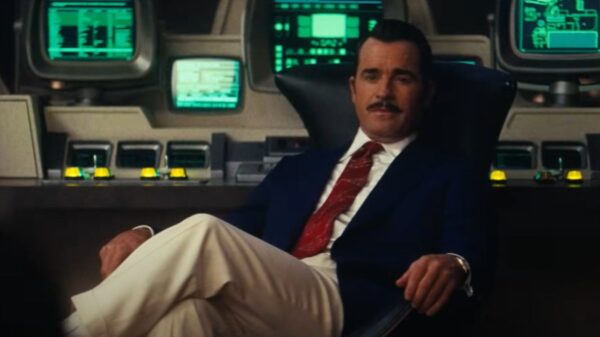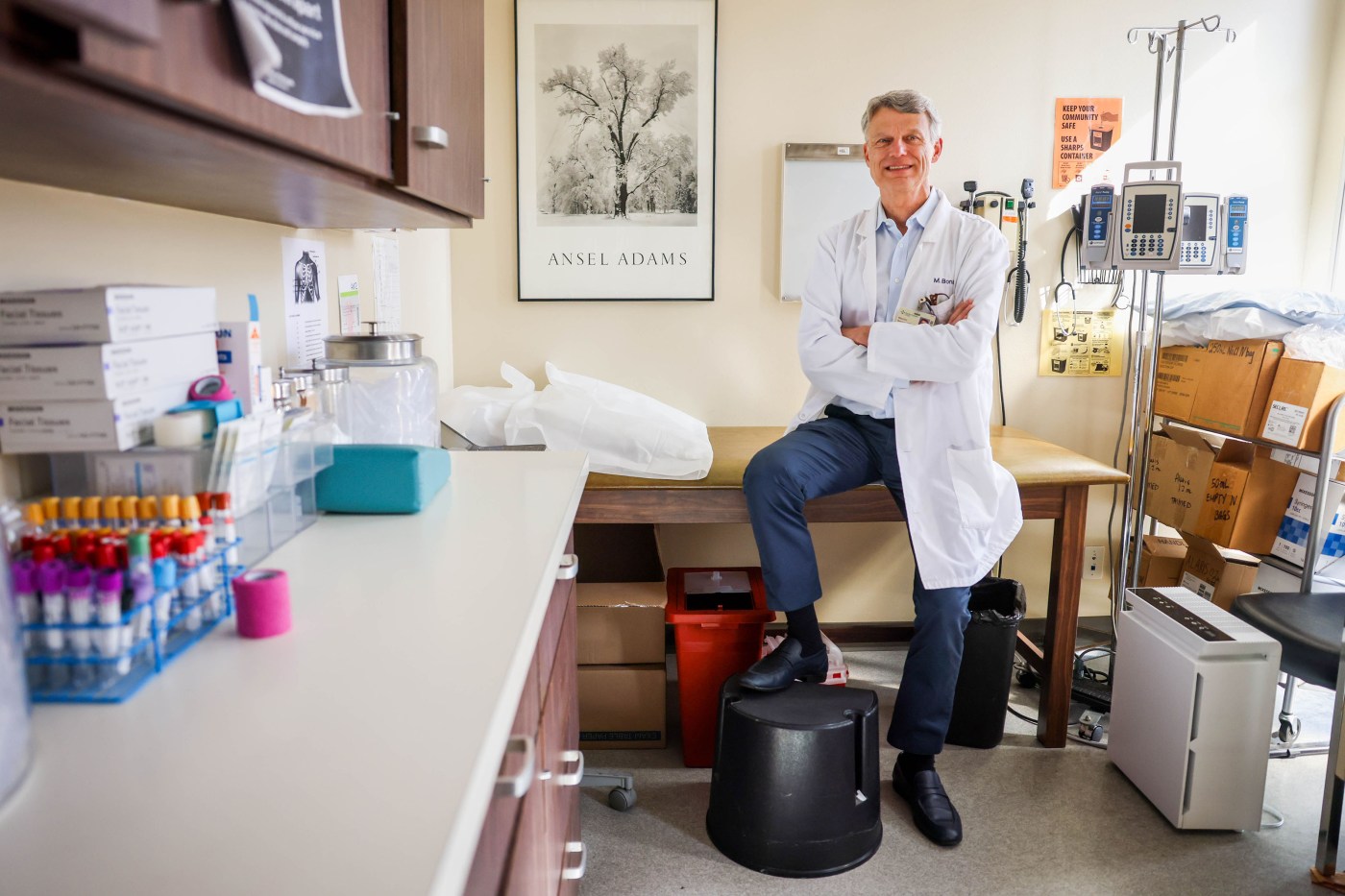UPDATE: Dr. Maurizio Bonacini, a liver specialist in San Francisco, is at the forefront of an urgent quest for a cure for chronic hepatitis B, a disease impacting over 2 million people in the United States. Official reports indicate that this virus is a leading cause of liver cancer globally, making the race for a cure more critical than ever.
Just announced: Bonacini is participating in the B-United clinical trial, which includes 300 chronic hepatitis B patients across 80 sites in 18 countries, backed by GlaxoSmithKline. This trial represents a significant step towards finding a potentially life-saving treatment. Bonacini’s San Francisco site was the first to treat a patient with a novel investigational drug aimed at eliminating the virus entirely.
Currently, patients with chronic hepatitis B must rely on lifelong antiviral medication to manage the virus, which can prevent it from progressing to liver cancer—affecting approximately 25% of untreated cases. “What we have now is the bronze medal,” Bonacini remarked, emphasizing the need for a definitive solution. He aims for a “gold” standard, a sterilizing cure that would entirely eradicate the virus.
The clinical trial involves monthly injections of a new drug designed to suppress the virus’s surface antigens. After 24 weeks, participants receive a different injection weekly for an additional 24 weeks. If the surface antigens remain undetectable after this period, patients will discontinue treatment but continue to be monitored closely. The U.S. Food and Drug Administration is projected to consider these injections for market approval as early as late 2027.
Bonacini underscores the pressing need for enhanced prevention and diagnosis methods. Earlier this year, he urged over 60 primary care physicians in California to implement state-mandated hepatitis B screenings in electronic health records. However, he faced resistance due to perceived burdens on time and resources. “It takes time. I’ve been there,” he expressed, highlighting the challenges that physicians face in addressing this critical health issue.
An alarming gap in public health policy exists, as U.S. immigration law mandates proof of vaccination for hepatitis B but does not require screening for the virus itself. Bonacini stated, “That is a big mistake,” emphasizing that vaccinated individuals can still be carriers of the virus. One of his patients, a San Francisco resident in his 40s, was vaccinated as a child but later discovered he had contracted hepatitis B before the vaccination, leading to complications such as fatty liver disease and mild cirrhosis.
This patient, who wishes to remain anonymous due to stigma, has become an advocate for greater awareness of hepatitis B. He expressed, “I can’t imagine the financial burden for those with inferior coverage,” referring to the costs of regular health monitoring which can total up to $700 semi-annually for blood tests and imaging.
As the race for a cure continues, Bonacini collaborates with international experts from regions such as Tanzania and Hong Kong, where up to 7% of the population is infected with the virus. He remains optimistic, stating, “We just have to find the right drugs.”
The urgency of this research underscores not just a medical challenge but a human one, as countless individuals live under the shadow of liver cancer. Dr. Bonacini’s work is not only a beacon of hope for those affected but a vital step towards eradicating a disease that has persisted for over 60 years without a cure.
Stay tuned for more updates on this groundbreaking trial and its implications for public health worldwide.








































































